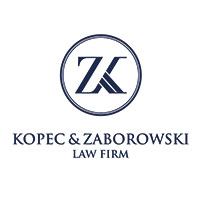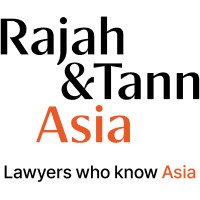
AI in the workplace | ACCRALAW
The prevalence and influence of Artificial Intelligence (AI) is nothing short of revolutionary. While it appears that AI does not yet have one official definition, it can colloquially be referred to as technology that allows machines or computers to utilise human-like intelligence to learn, create, analyse, and perform other functions or activities that were previously …










